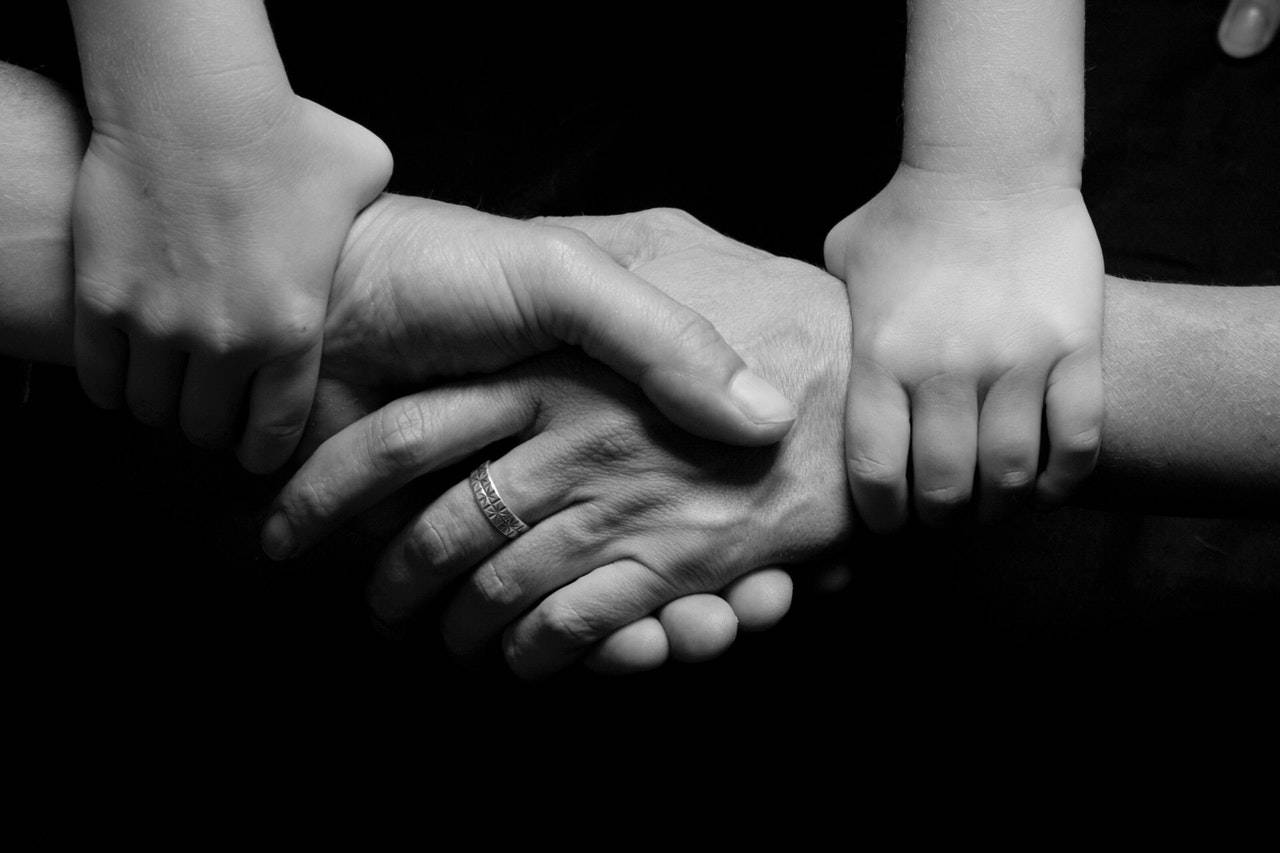What is Rehab?
The term rehab is used to refer to the many types of addiction programs available to people with a drug or alcohol problem.
These programs are designed to help people to stop using drugs and give them tools to get back on track to a happy, healthy life.
However, the path to recovery is different for every person.
Not every drug rehab or alcohol rehab program is right for everyone.
That is why it is important to learn about the different rehab options that are available.
This will help you to choose the program that is going to best fit your individual needs.

Understanding Rehab
For every person dealing with an addiction, the first step in overcoming it is admitting that you have a problem.
This first step can be one of the most difficult parts of the recovery process.
Some people need a push from a friend or relative who is concerned about their health.
Others come to us directly because they realized that they have a problem and need to go to alcohol rehab or drug rehab.
No matter what led you to rehab, you need to understand the importance of getting sober for your health, as well as for the people in your life who love you.
You are unlikely to succeed in a treatment program if you cannot admit that you have a problem or are not committed to completing treatment.
Immediate Placement in Alcohol Rehab – Get Help Now
877-651-3366
What is an Addiction?
Addiction is a chronic brain disease that causes a person to use alcohol or drugs even if they want to quit.
This is because these substances change the way that your brain works. When alcohol or drugs enter your system, they interact with your reward circuit.
This is the part of your brain that makes you feel happy and relaxed.
These substances then make your brain release a flood of the chemical dopamine, which creates a feeling of euphoria.
Your brain usually releases dopamine in small amounts when you do things that make you happy.
When substances make your brain get a lot of dopamine all at once, it makes it harder for your brain to release dopamine naturally.
This makes your brain crave drugs in order to make you feel good.
The longer you abuse alcohol or drugs, the harder it becomes for you to stop.
Learn More About Alcohol Rehab at Best Rehabs In Arizona Call Today
866-263-1847
How to Tell if You Have an Addiction
There are as many different side effects of addictions as there are addictive substances.
Some people who have been using drugs for a long time may show obvious signs of drug addiction.
Sometimes people are good at hiding their addiction. If you are the one that is abusing drugs or alcohol, it may be hard to see that you have a problem.
There are some signs that you can look for that indication that you or someone you know might have a drug problem.
These include:
- Changing your friend groups, or avoiding friends entirely
- A loss of interest in doing things that you used to enjoy
- Not caring about your physical health or appearance
- Being overly tired and sad
- Eating more or less than usual
- Being very energetic, talking fast, or saying things that do not make sense
- Being in a bad mood or having angry outbursts
- Sudden or extreme mood swings
- Not being able to sleep, or sleeping too much
- Missing important appointments
- Having problems at work or at school
- Having problems in personal or family relationships
If more than one or two of these situations apply to you, there is a chance that you have an addiction. Now is the time to start considering entering a rehab program so that you can get the help that you need.

The Different Types of Rehab Programs
When it comes to both drug rehab and alcohol rehab, there are some similarities. Both of these types of rehab offer different levels of care to suit every addiction situation. These levels include:
- Intensive Outpatient Treatment – This type of treatment program is best suited to clients with moderate addictions. It allows you to attend your recovery program at our facility on set days of the week and then return home for the night. It is a good option for people with work or family obligations that must be accommodated in order for them to attend treatment.
- Partial Hospitalization Programs – PHP programs are best suited to clients who are also dealing with both addiction and mental health problems. It provides in-depth care that allows us to treat both issues at the same time. This process is the key to ensuring a lasting recovery when mental health problems are present.
- Residential Treatment – This is one of the main types of rehab programs in the country today. It is best for people with serious addictions, or that have a dual diagnosis. Residential treatment provides the highest level of care because you must live at our facility to receive treatment. This allows us to give you round-the-clock care.
- Long-Term Rehab – This type of rehab program is reserved for clients with the most serious levels of addiction. Whereas other programs usually last 30 to 90 days, long-term programs can last 6 months or more. For long-term drug or alcohol abusers, this program can be very helpful in preventing relapse.
What is Detox?
For many of our patients, detox is the first step on their recovery journey.
This professionally supervised process allows us to help you get all of the drugs or alcohol out of your system.
By first getting all of the substances out of your system, you will be better able to focus on your rehab plan.
Detox can be an uncomfortable experience. Alcohol withdrawal can cause anxiety, depression, fatigue, insomnia, mood swings, and more.
Drug withdrawal can cause the same issues along with more physical symptoms like nausea, vomiting, constipation, and muscle aches. By detoxing at our rehab facility, you are able to take advantage of our medical detox program.
This allows us to give you medications that make withdrawal symptoms easier to deal with and your detox process smoother.
24 Hour Alcohol Rehab Hotline – Get Help Now
877-651-3366
Behavioral Treatment Options
One of the most important parts of a rehab program is behavioral treatment or therapy. These treatments help you to find a lasting recovery from your addiction. Three of the most common include:
- Cognitive-behavioral therapy (CBT) which helps patients become aware of situations that trigger drug use. This allows you to avoid these situations or cope with them when they are unavoidable. It also focuses on teaching you ways to better deal with stress.
- Family therapy is a great therapy option for clients whose addiction has led to issues in their family unit. It allows us to treat your family as a whole, while also rebuilding trust and strengthening the family bond.
- Motivational interviewing (MI) helps a patient recognize how their behavior negatively affects their goals and give them tools to help change these habits.
When you enter care at our facility, we will work with you to decide which behavioral treatment is going to be right for you. Your sessions with a licensed counselor can take place in a one-on-one setting or in groups.
Many clients benefit from taking part in both individual and group sessions.
Being able to talk about your experiences with people who understand your situation helps you to build a community of support for your recovery.
Free Insurance Verification for Rehab – Get Help Now
877-651-3366
Getting the Help You Need at a Quality Rehab Center
At Best Rehabs In Arizona, we know exactly what it takes to get your life back from the difficulty of addiction.
Our premier addiction treatment centers are located in upscale areas throughout the Scottsdale, Arizona area.
Our luxury locations provide you with a comfortable and home-like atmosphere so that our clients feel safe and secure throughout their treatment program.
We help ensure your success by using only scientifically researched, cutting edge, and effective drug and alcohol addiction treatment programs.
We have over 25 years of experience in helping people with addictions and co-occurring disorders to overcome their addictions.
Many of our clients wonder whether they will be able to take advantage of their health insurance benefits to help cover their treatment.
That is why we accept most major insurances through our free insurance verification.
Simply give us a call and one of our addiction specialists can check to see how much of your treatment program will be covered by your insurance before you begin treatment.
You can trust us to communicate with your insurance provider to ensure that you receive every benefit that you are entitled to.
Whether you are looking for an alcohol rehab program or a drug rehab program, we are here to help.
Let us use our years of experience to help you get on the path to a meaningful, lasting recovery.
Contact us today to see the difference with how becoming sober can make your life change for the better.























